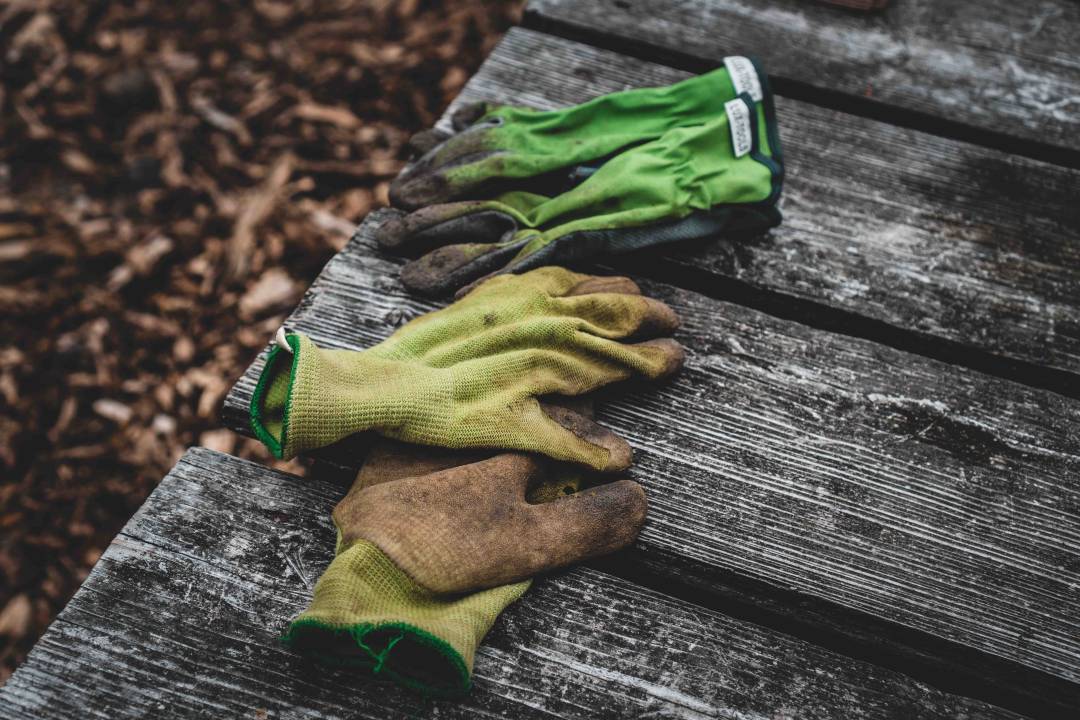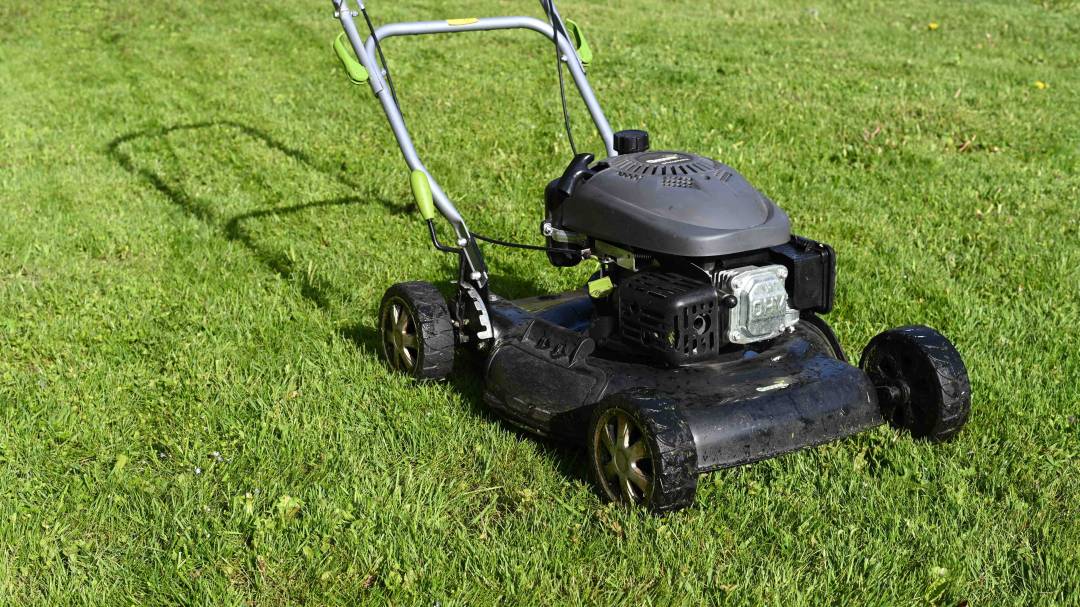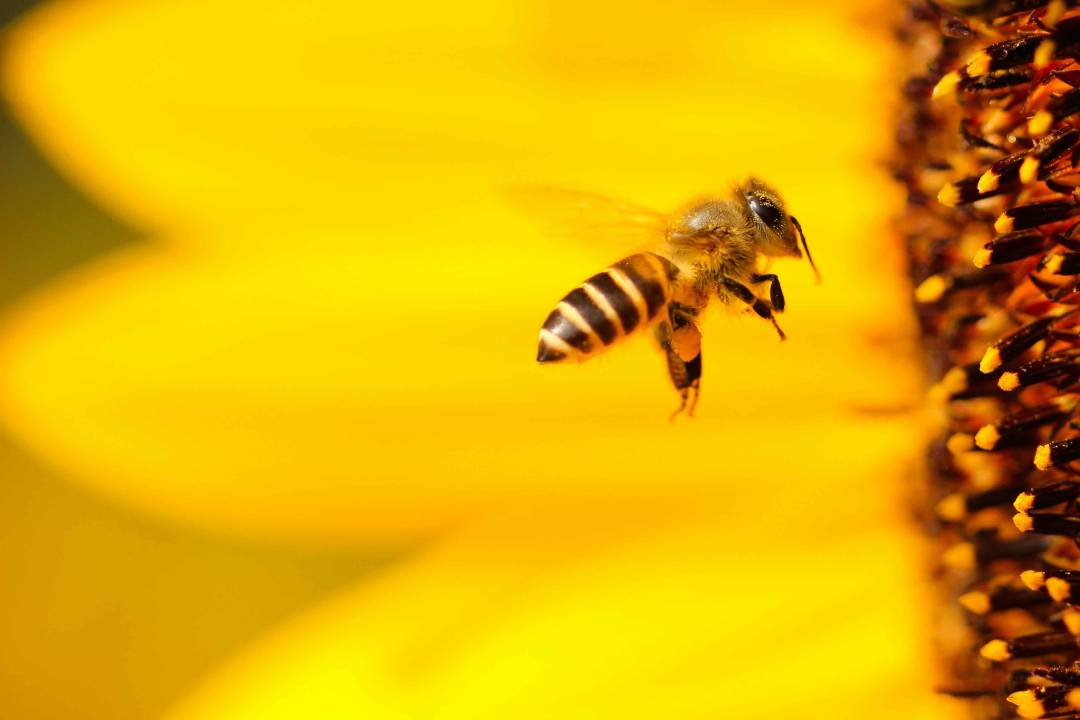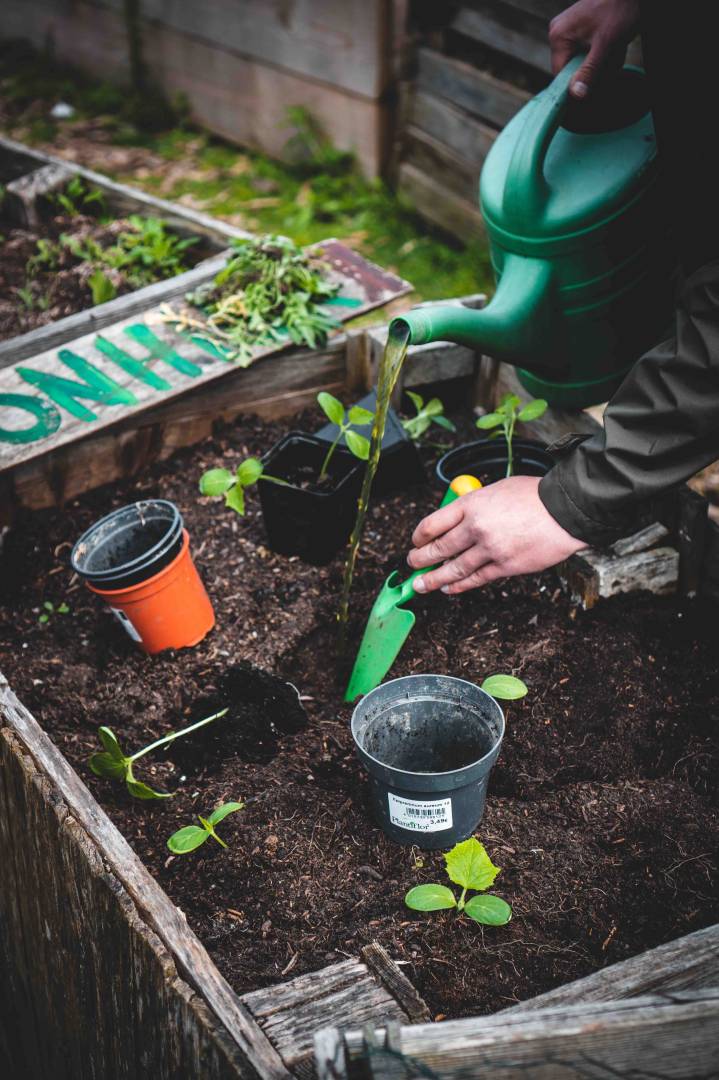How to Make Your Garden Sustainable
Creating a sustainable garden is easier than it sounds. Read our guide for eco-friendly gardening tips and tricks.
Sustainable gardening is all about creating an eco-friendly oasis in your backyard. It's a way to grow plants, vegetables and flowers whilst being kind to the environment.
Instead of using chemicals and pesticides, sustainable gardens use organic methods like composting and crop rotation to give plants the nutrients they need and help keep the soil healthy. They're also a wonderful have for local wildlife.
Here are some of the unspoken rules of sustainable gardening:
Forget all about a well-kept lawn. Lawns are very good at storing carbon, so if you trim it often, that carbon gets released again. A sustainable lawn absorbs more carbon than it creates, and it really is as simple as not cutting it.
If you do more the lawn once in a while, leave the grass clippings behind. The nitrogen from the clippings will break down and feed the lawn. Happier lawn, and less need for fertiliser.
Read article
It will get a little wild and uneven, so it's fine to trim a little here and there... Simply don’t cut it all the time. Another trick is to only trim the part of your garden where you sit, and leave lawn patches that are further away to grow out.
However often you mow your lawn, we recommend preserving a patch of your sustainable garden by not mowing it ever. After a year, you'll start notice all sorts of wonderful wildlife magic begin to happen!


If you play your cards right, your eco friendly garden will pop with colour all year round, inviting bees to pollinate. Always being in bloom helps reduce water and fertiliser use. Here are some tips for making sure your sustainable garden blooms all year long.
For example, if you plant garlic and onions in between carrots, root flies won‘t be able to smell the carrot and feed on them. Here are some tips on clever plant-pairings you can try.
Read article
Mulching is another good technique for conserving water. Spreading mulch around your soil will protect it from the elements, feed it with rich nutrients, and discourage weeds.

There are many different types of peat free compost to choose from, and you can get it from most garden centres.
Up cycled wooden tables, decorative benches made of glass bottles, flower planters made of old boots – the only limitation is your imagination. The best part is you can make it yourself.
Read article
We hope you've learnt something new about sustainable garden practices, and that we have given you some helpful tips to create the sustainable garden of your dreams.
If you have a garage, lock-up, outhouse or shed in your garden, and want to earn some extra income, Stashbee helps people around the UK rent out spare space quickly and safely. Find out how much you could be earning from your unused space on the link below.
Instead of using chemicals and pesticides, sustainable gardens use organic methods like composting and crop rotation to give plants the nutrients they need and help keep the soil healthy. They're also a wonderful have for local wildlife.
Become a Host
Join thousands of Stashbee Hosts, start earning now
Become a HostHere are some of the unspoken rules of sustainable gardening:
- Work with nature, not against it.
- Fewer neatly trimmed lawns, more woodland magic.
- Less pesticides, more organic methods.
- Fewer quick fixes, more long-lasting solutions.
- Less interfering, more extending a helping hand to nature.
- Lower carbon, better health and well-being.
- Less plastic, more recycling.
- Less store-bought, more home-grown and locally sourced.
- Less pollution, more birds chirping in your back garden and bees buzzing happily
- Read on for several garden ideas to make your green space sustainable.
1. Work with the seasons
If there's one guiding principle to follow when creating a sustainable garden, it's "right plant, right place. Rather than trying to control nature, it's far better to go with the natural flow of the seasons.- Know your Garden - Take stock of your garden's conditions. How much sun and shade it gets in different seasons, the quality of your soil, and which plants have already thrived there.
- Choose Wisely - Choose plants that are well-suited to your garden's conditions. Drought tolerant, wind-resistant, and native plants are always a good choice as they'll need less water and maintenance to thrive. Make sure to also check for frost records and weather patterns in your area to choose the right time to plant.
- Plan Ahead - Plan your garden with the seasons in mind. You can use this opportunity to create a low-maintenance, dry garden that won't need irrigation and will thrive come rain or shine.

2. Don’t mow the lawn
Let your lawn go wild and just leave it be. If it goes brown, not a big deal either – it will recover in no time.Forget all about a well-kept lawn. Lawns are very good at storing carbon, so if you trim it often, that carbon gets released again. A sustainable lawn absorbs more carbon than it creates, and it really is as simple as not cutting it.
If you do more the lawn once in a while, leave the grass clippings behind. The nitrogen from the clippings will break down and feed the lawn. Happier lawn, and less need for fertiliser.
Related
Where to Start Tidying Up a Messy Garden
It will get a little wild and uneven, so it's fine to trim a little here and there... Simply don’t cut it all the time. Another trick is to only trim the part of your garden where you sit, and leave lawn patches that are further away to grow out.
However often you mow your lawn, we recommend preserving a patch of your sustainable garden by not mowing it ever. After a year, you'll start notice all sorts of wonderful wildlife magic begin to happen!

3. Make local wildlife feel welcome
While we’re on the topic of wildlife – there are many ways to attract more bugs, insects, birds, and small mammals into your eco-friendly garden.- Grow pollinator-friendly flowers in your sustainable garden to attract bees, butterflies, and other buzzy helpers.
- Build a bug hotel, a place for bees to rest and feed so they can stay strong and keep up the hard pollinating work.
- Choose native plants, rather than imported varieties. That will attract the greatest number of your local insects.

4. Successional blooming
Successional blooming simply means "planting flowers and plants that bloom at different times of the year"If you play your cards right, your eco friendly garden will pop with colour all year round, inviting bees to pollinate. Always being in bloom helps reduce water and fertiliser use. Here are some tips for making sure your sustainable garden blooms all year long.
5. Companion planting
Companion planting means putting different plants together to create a more balanced ecosystem in your gardenFor example, if you plant garlic and onions in between carrots, root flies won‘t be able to smell the carrot and feed on them. Here are some tips on clever plant-pairings you can try.
Related
How to get rid of things sustainably
6. Tricks to save water
Install a water butt to collect rainwater from your roof and water your garden.Mulching is another good technique for conserving water. Spreading mulch around your soil will protect it from the elements, feed it with rich nutrients, and discourage weeds.

7. Peat free compost
Peatlands are the largest natural carbon stores on the planet - so leaving them alone by going peat free is a great way to make your garden more sustainableThere are many different types of peat free compost to choose from, and you can get it from most garden centres.
8. Sustainable garden furniture
Made from long lasting materials, there is so much environmentally friendly outdoor furniture to choose from these days.Up cycled wooden tables, decorative benches made of glass bottles, flower planters made of old boots – the only limitation is your imagination. The best part is you can make it yourself.
Related
How to Organise Your Garden Tool Storage: Tips and Tricks
We hope you've learnt something new about sustainable garden practices, and that we have given you some helpful tips to create the sustainable garden of your dreams.
If you have a garage, lock-up, outhouse or shed in your garden, and want to earn some extra income, Stashbee helps people around the UK rent out spare space quickly and safely. Find out how much you could be earning from your unused space on the link below.
Become a Host
Join thousands of Stashbee Hosts, start earning now
Become a HostAnthony
Written 17th Apr 2023
